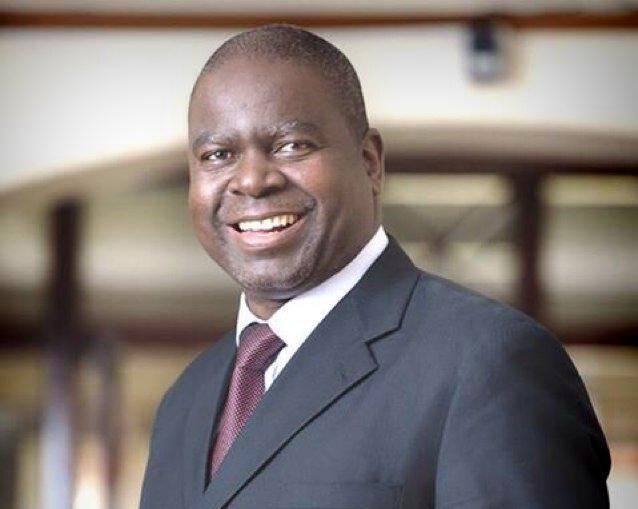
BY TATIRA ZWINOIRA AMERICAN economics professor Steve Hanke, who came under fire in Zimbabwe on Wednesday for cooking inflation data, has described the criticism as “rubbish” and defended his controversial formula.
Hanke, who claims to be “accurately calculating Zimbabwe’s inflation daily”, has been a thorn in the flesh for Zimbabwean authorities due to his continued querying of inflation data from the Zimbabwe National Statistics Agency (ZimStat) that he says is always understated.
The latest fallout surfaced two weeks ago after Zimbabwe’s annual inflation rate reached 256% in July, a 65 percentage point rise from 191% in June.
Hanke disputed the ZimStat figure and said inflation was trudging towards 600%.
ZimStat director-general Taguma Mahonde claimed that Hanke’s views only became aggressive after he failed to secure advisory roles in President Emmerson Mnangagwa’s administration in 2018.
He said Hanke was less qualified to give a correct view of Zimbabwe’s inflation rate because he was far away in the US where he did not have access to the raw data required before coming up with a figure.
Mahonde queried Hanke’s method of computing inflation data, especially his reliance on exchange rates.
But Hanke said he had stopped relying on that formula over a decade ago.
- Chamisa under fire over US$120K donation
- Mavhunga puts DeMbare into Chibuku quarterfinals
- Pension funds bet on Cabora Bassa oilfields
- Councils defy govt fire tender directive
Keep Reading
“It is rubbish,” Hanke told NewsDay Business yesterday.
“Note that while I used stock market indices to estimate Zimbabwe’s hyperinflation in 2008, that is no longer necessary,” the economist said.
“For inflation rates that exceed 25% per year, the most reliable measurement method is purchasing power parity theory, which is a tried-and-true method that has been around since the late 19th century. I am using the purchasing power parity method to measure the current inflation in Zimbabwe.”
In his six-page paper attacking Hanke, Mahonde also hit out at the media for querying the validity of data produced by his office.
“The coming in of a new government in Zimbabwe in 2017 saw Steve Hanke resorting to use of positive language,” Mahonde claimed.
“He would proffer his proposals on monetary sector reforms in a positive way. It would appear Hanke was looking for a few million-dollar-contracts in exchange of consultancy work to stabilise the monetary side of the Zimbabwean economy.
“His tweets were telling in 2017, as he was not aggressive but showed interest. The professor was doing a combination of public relations and scouting for a consultancy contract.
“He pursued this mirage for over 12 months. By the last quarter of 2018 it then dawned on him that no contract was coming his way. This is when the animal in the professor took charge. Up to now he talks negatively of authorities in Zimbabwe with most being labelled incompetent. He pushed the agenda that wrong calculation of consumer price indices or suppression of inflation rates is synonymous with ZimStat,” Mahonde claimed.
“A person outside any country cannot go through a systematic process of price data collection in retail outlets in a determined sample and apply the requisite processing techniques to come up with an inflation index.
“Steve Hanke uses exchange rates and stock market indices to calculate inflation rates. He bases his argument on the purchasing power parity theorem.
“In Zimbabwe he used the Old Mutual Implied Rate for a long time. This is besides the fact that stock market prices are driven by fundamental factors and these have much to do with performance of firms,” Mahonde added.
- Follow us on Twitter @NewsDayZimbabwe











